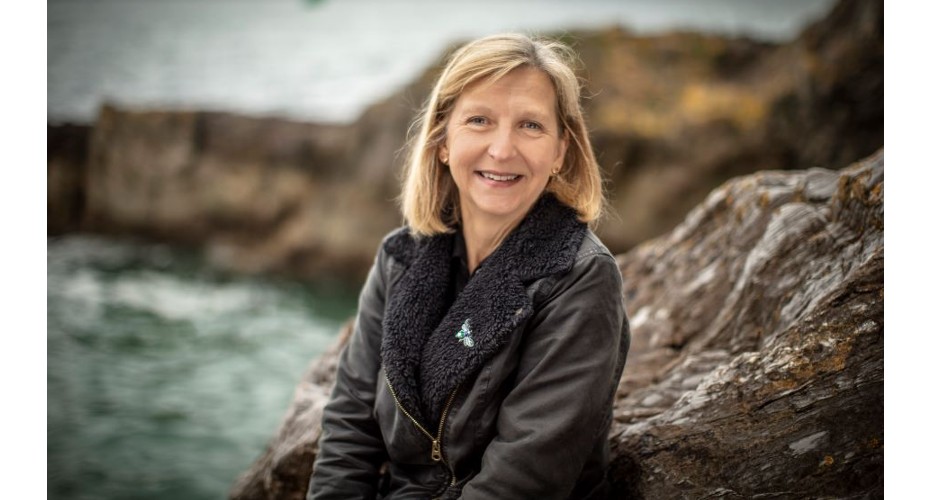Professor Tamara Galloway awarded Blue Planet Prize 2023

Professor Tamara Galloway
Professor Tamara Galloway from the University of Exeter has been awarded Blue Planet Prize 2023 for her pioneering work uncovering the devastating impact of plastic pollution in the environment.
Professor Galloway is one of three world-leading scientists from the South West region – alongside Professor Penelope Lindeque and Professor Richard Thompson – to win this year’s accolade, marking their role at the global forefront of marine litter research and education for the past two decades.
Through their research, they have charted the presence of microplastics from the deep ocean to the highest mountains, as well as tracking the sources and how they are broken down in the environment.
They have pioneered techniques to reveal how microplastics are ingested by zooplankton and other marine species, and shown the potential for microplastics to significantly impact marine life and the health of marine ecosystems.
Their research, and further collaborations with industry and other authorities, has explored potential solutions framed around the circular economy and they have evaluated novel methods for reducing the leakage of plastics into the environment and the potential for natural and mechanical measures to remove plastic waste.
The work has also been central to international government legislation, including influencing the United Nations Treaty on Plastic Pollution, signed by 175 nations in March 2022.
The award, sponsored by the Asahi Glass Foundation, is presented to individuals or organisations who have made significant contributions to the resolution of global environmental problems.
This year, more than 180 researchers from 41 countries were put forward for the prize, representing fields including ecology, environmental economics and policy making, and environmental ethics.
Professor Galloway said: “”I am both honoured and delighted to receive the award from the Asahi Glass Foundation, alongside by friends and colleagues Pennie and Richard. We all have an incredible passion, commitment and dedication to our work to help reduce the harmful effects of plastics pollution on our incredible natural environment. This award is only possible due to the many scientists, students and collaborators who have been and continue to be involved in this work around the world. We will continue to do all that we can, together, to help bring about positive change for the whole of society.”
Professor Galloway’s work focuses on marine pollution, the human health effects of pollutants and the sustainable development of novel materials and substances. Her ground-breaking work has highlighted the effects of microplastics and particulate pollutants on marine organisms and human health.
Critically, this work has looked not only at the problem of plastic pollution, but also potential solutions, evaluating the potential for natural and mechanical measures to clear plastic from the environment. Professor Galloway continues to work with industry and policy makers on the most effective ways to change the design of plastics products, and bring about a cultural shift in society’s use of them.
This is the second time in a year that the three scientists have been recognised through an international accolade, after they received the Volvo Environment Prize 2022.
Their Blue Planet Prize will officially be presented at an Award Ceremony scheduled to take place on Wednesday, October 4 at Tokyo Kaikan. Commemorative lectures will then be given at the University of Tokyo and Kyoto University.



